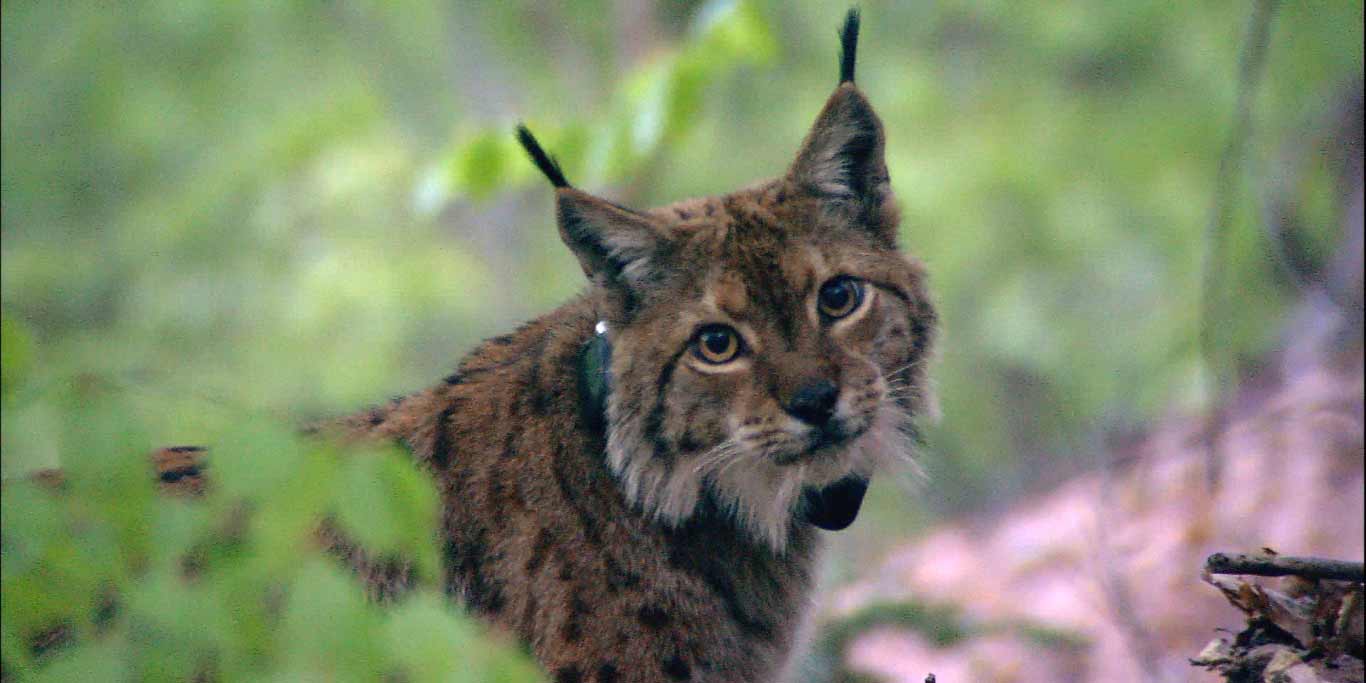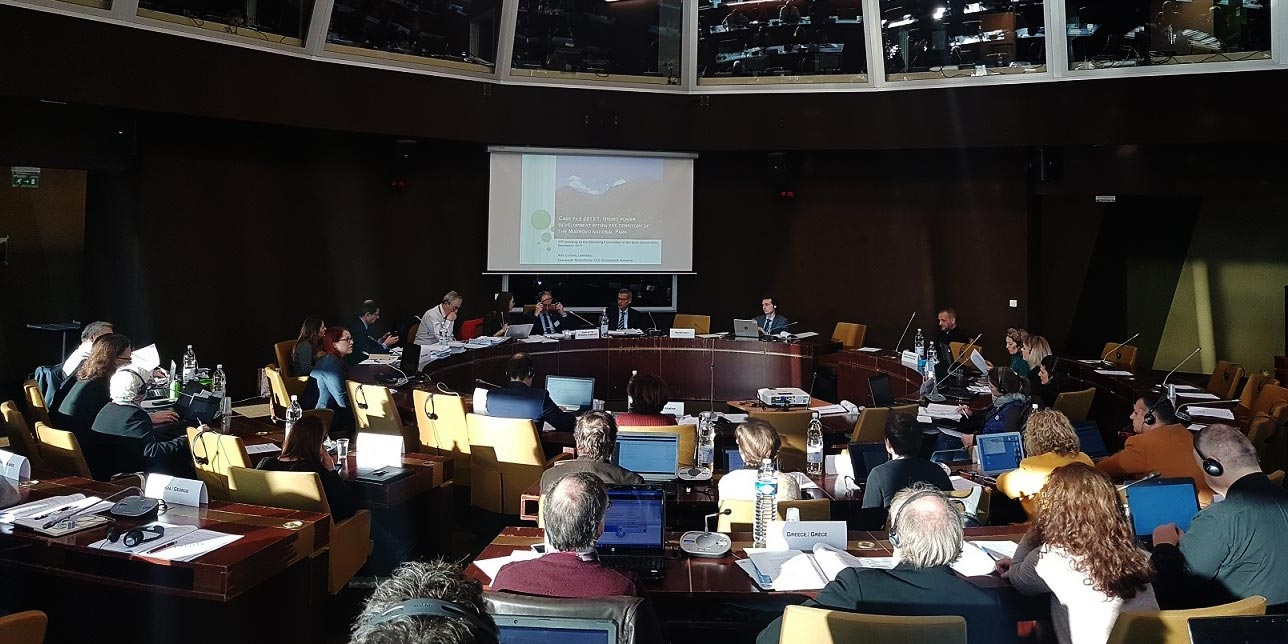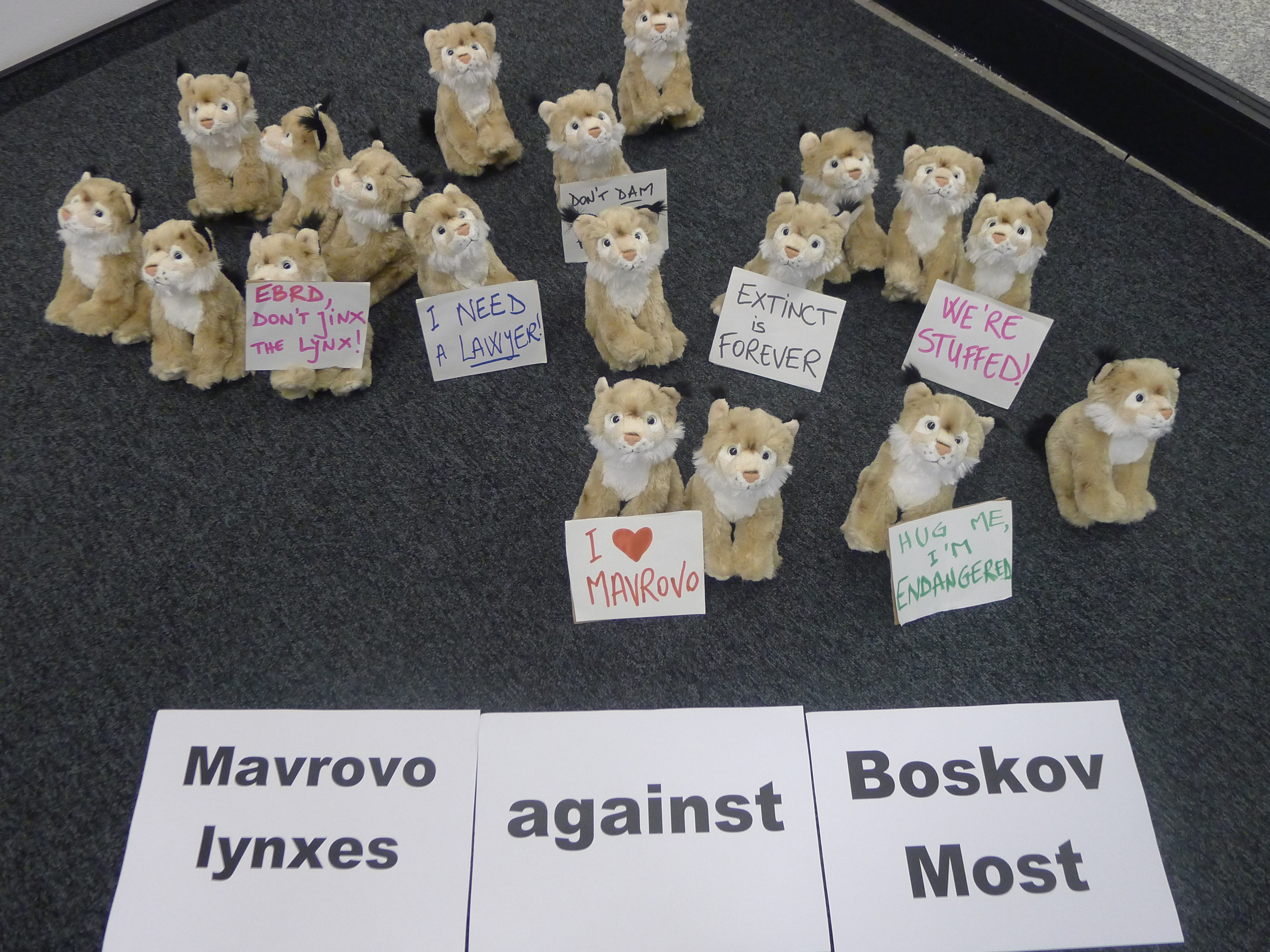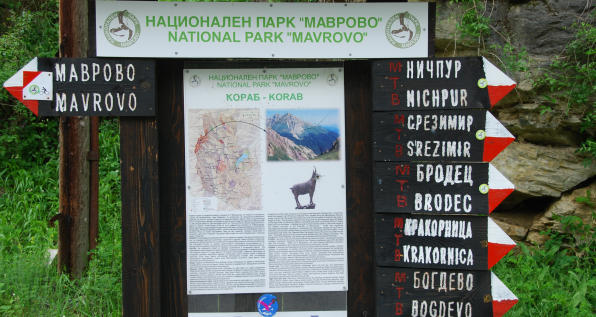Boskov most hydropower plant, North Macedonia
Boskov Most was one of 18 hydropower greenfield projects planned by the North Macedonian government in the Mavrovo National Park. After five years of campaigning, we convinced the European Bank for Reconstruction and Development about the folly of this project and to cancel its EUR 65 million loan. Without its major source of funding, the project lost steam and was discontinued.

Stay informed
We closely follow international public finance and bring critical updates from the ground.
Background
The Boskov Most HPP was planned to enhance domestic electricity supply, but if it had been built, it would have done so at a devastating cost to the environment.
The project involved the construction of a 68 MW hydropower plant, reservoir and a 33-meter-high accumulation dam in one of Europe’s oldest national parks at Mavrovo.
Mavrovo is a protected area renowned for its beech forests, alpine meadows, pristine rivers and streams. It hosts a vast number of unique species, including the critically-endangered Balkan Lynx.
“National parks are areas set aside to protect large-scale ecosystems from human interference. As such, they are absolute no-go areas for large-scale dams or any other destructive forms of land use.”
Letter of concern over the Boskov Most HPP from scientists to the EBRD
The Boskov most camaign wins the Goldman prize
Ana Colovic Lesoska has been awarded the 2019 Goldman Environmental Prize for Europe for leading this multi-year ampaign in Mavrovo. Given annually to environmental heroes from around the world, the Goldman honors the achievements and leadership of grassroots environmental activists globally.
FEATURED
Gross underestimation of costs
The state owned electric power utility AD Elektrani na Makedonija (ELEM) backed the project with the support of international public finance.
In 2011 the European Bank for Reconstruction and Development (EBRD) pledged a EUR 65 million loan and a EUR 18 million equity investment in ELEM, before finally pulling out in 2017.
In addition to the EBRD’s financing for Boskov Most, the World Bank considered a USD 70 million support for the Lukovo Pole hydropower plant.
Nearly 200 internationally renowned scientists opposed the project in an open letter to the EBRD, and 100 000 people signed a petition against the project.
In total, an area of 4 400 hectares of natural habitats would have been directly affected by the Lukovo Pole and Boskov Most projects.
Independent reviews flagged incompliance
The EBRD’s involvement in the project was an insufficient guarantee of sustainable planning. In January 2014, after a complaint from Eko-svest in 2011, an independent review found that the bank failed to adequately assess impacts to biodiversity.
In addition, the Bern Convention, which oversees nature conservation in Europe, decided to examine whether North Macedonia had made the necessary efforts to protect wild flora and fauna when planning hydropower projects in Mavrovo. It concluded that Boskov Most and other planned hydropower projects in the park would have violated national and European nature protection legislation, which bans the development of this infrastructure in habitats with high ecological status.

The beginning of the end

In 2015, the Standing Committee of the Bern Convention called on the North Macedonian government to stop all construction projects inside the national park and to conduct an extensive environmental impact assessment.
Just a few days after the Bern Convention decision and following protests in front of its offices across the world, the World Bank withdrew its funds from the Lukovo Pole project.
At the time, the EBRD suspended its loan, stating the Bern Convention’s recommendation. A year later, it canceled its loan for Boškov Most as well.
The hydropower folly dealt a final decisive blow when the North Macedonia’s government removed both the Boskov Most and Lukovo Pole projects from the strategic documents for the energy development of the country.
Latest news
3:1 against Ombla, Croatia must stop gung-ho investment
Blog entry | 20 June, 20123 out of 4 experts gave a negative opinion on the environmental study of the Ombla hydropower plant. Now the Croatian government must heed their warnings and stop the project.
Read moreCorporate largesse meets scepticism at World Water Forum
Blog entry | 21 March, 2012Criticism and protests around the World Water Forum have highlighted the risk of hydropower projects being greenwashed and the dangers these installations can pose to people and nature in many countries.
Read moreThe European Commission, an EBRD shareholder that should start acting like one
Blog entry | 1 March, 2012Recent Balkan hydro projects suggest the European Commission could make much better use of its shareholder role in the European Bank for Reconstruction and Development.
Read moreRelated publications
The Upper Horizons complex, Bosnia and Herzegovina
Briefing | 18 December, 2023 | Download PDFThe Upper Horizons hydropower complex has been planned since the mid-20th century, and is planned to consist of three plants — Dabar, Nevesinje and Bileća — linked by a series of tunnels and channels. If completed, it would have a devastating impact on the karst ecosystems of eastern Herzegovina and beyond.
The Ulog hydropower plant on the river Neretva, Bosnia and Herzegovina
Briefing | 18 December, 2023 | Download PDFThe Ulog plant, with a 53-metre high dam, is currently being built on the upper Neretva in the Republika Srpska entity of Bosnia and Herzegovina, in the middle of a nominated candidate Emerald site – an area which should be protected under the Bern Convention.
Joint Statement On the Expansion of the Emerald Network in Countries of the Western Balkans by scientists and representatives of NGOs
Statement | 13 February, 2023 | Download PDFIn early December 2022, 39 scientists and representatives of NGOs from Albania, Austria, Bosnia and Herzegovina, Bulgaria, Croatia, Germany, Greece, Montenegro, North Macedonia, Serbia and Switzerland joined efforts to prepare a shadow list and a map o

